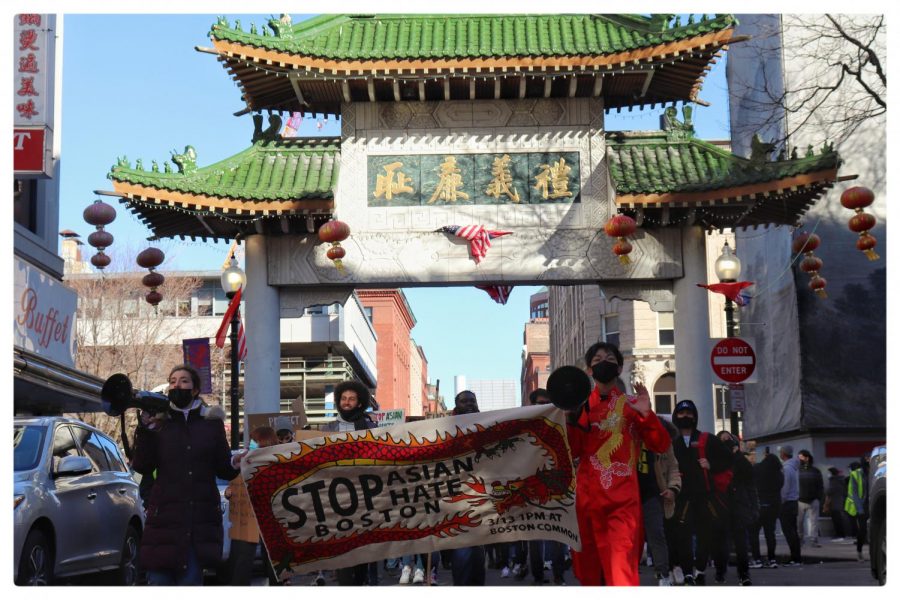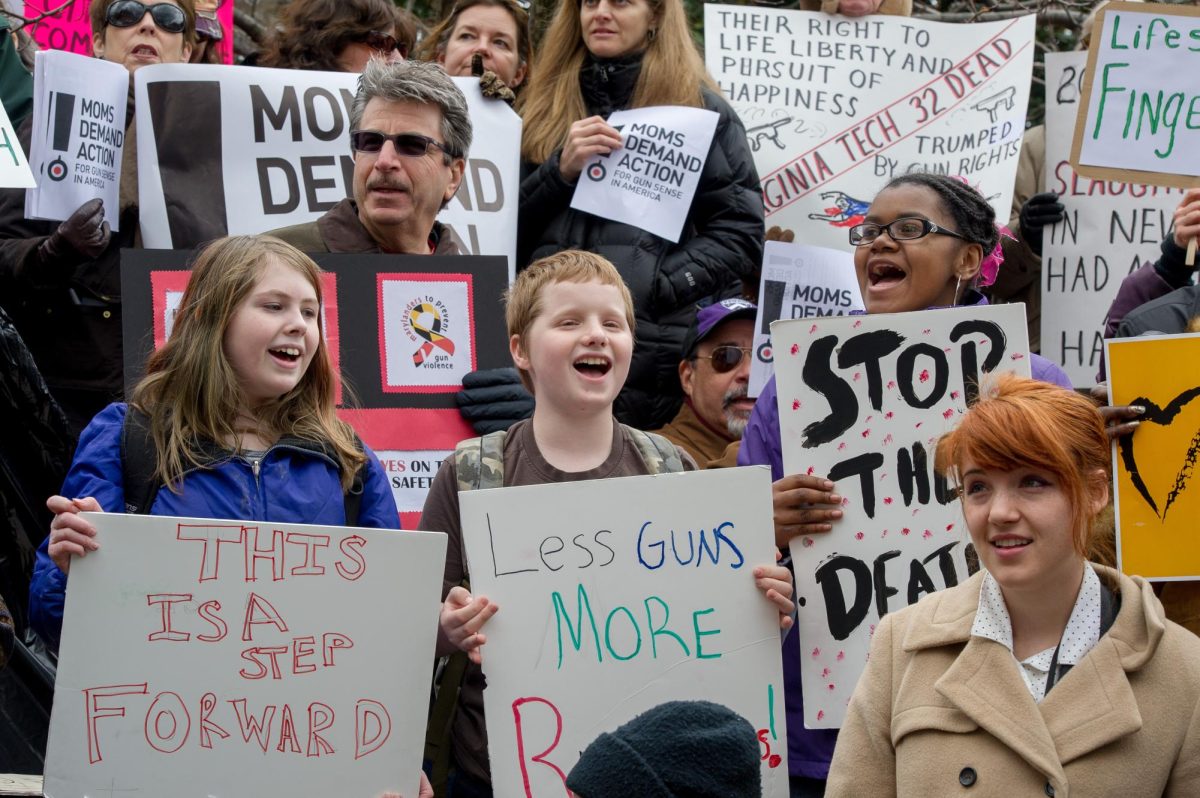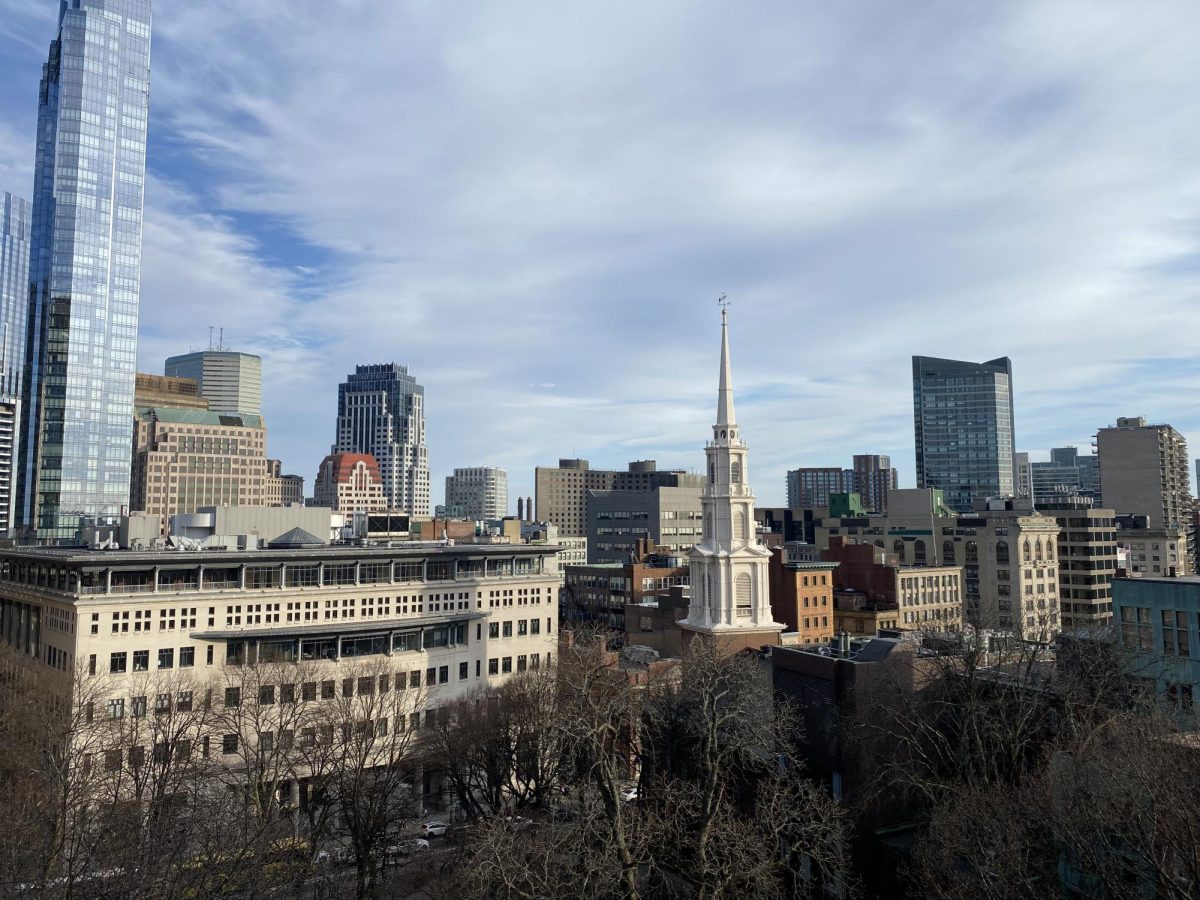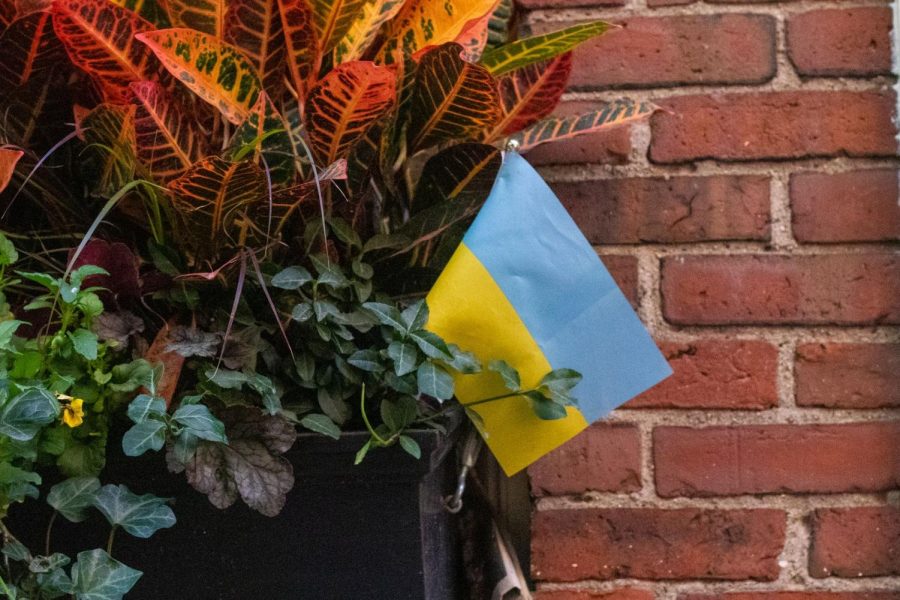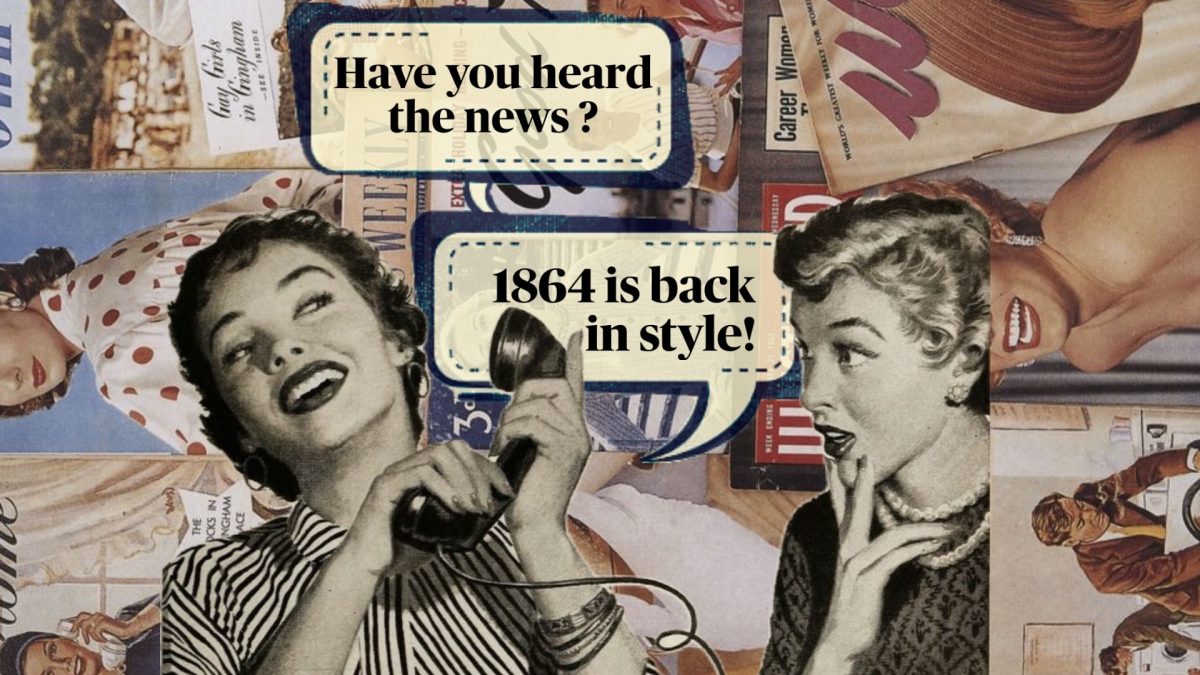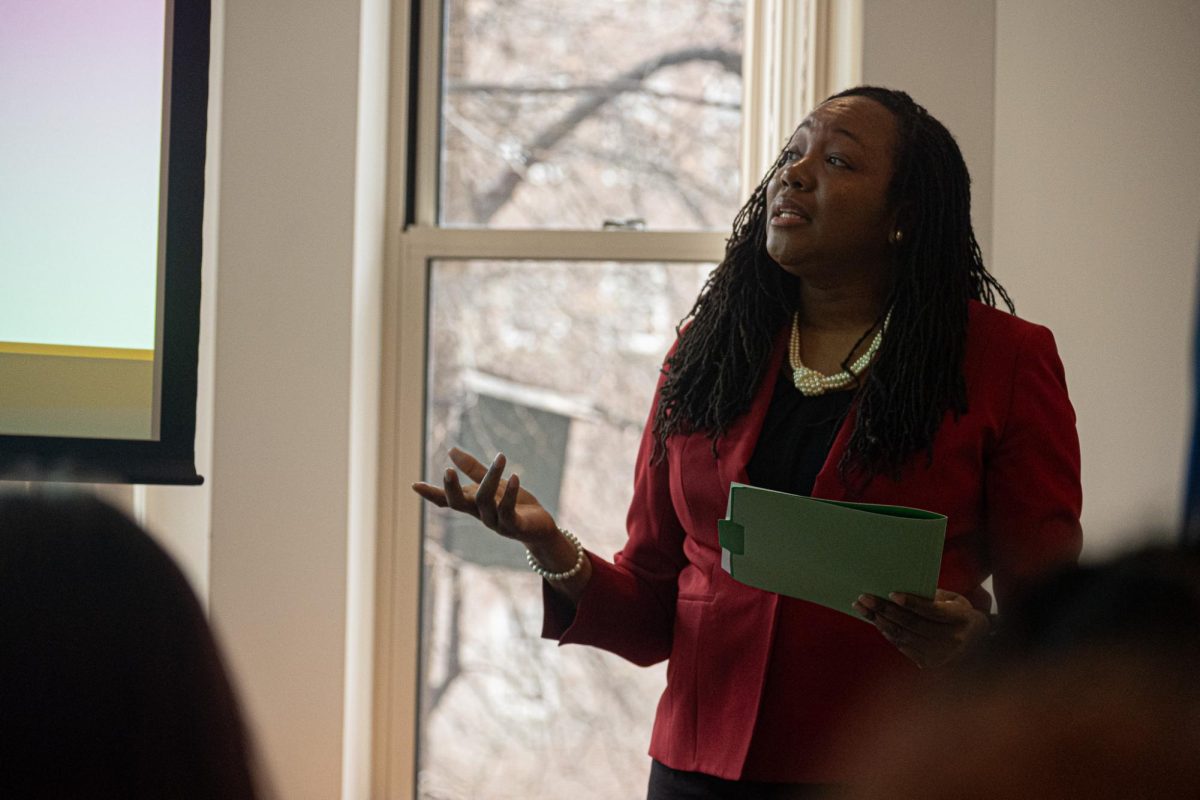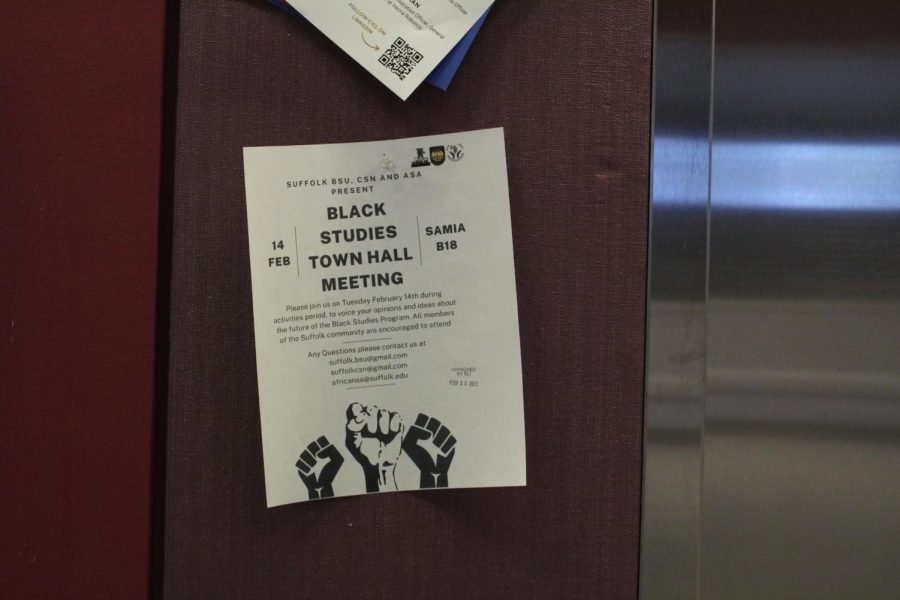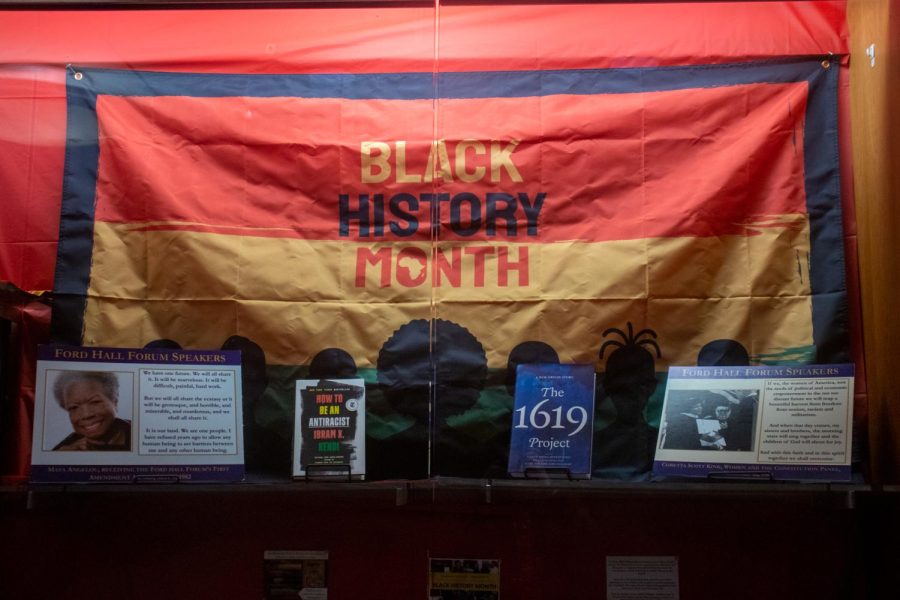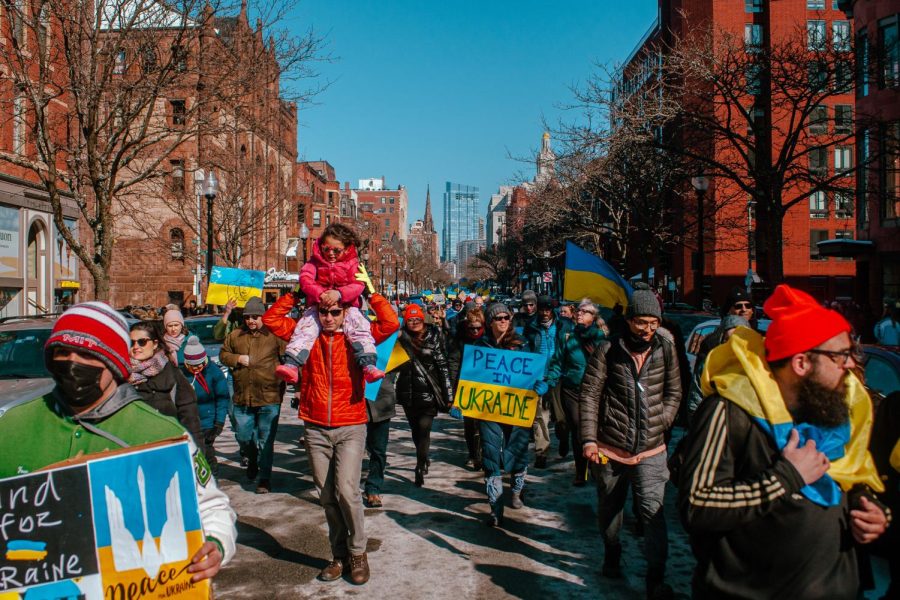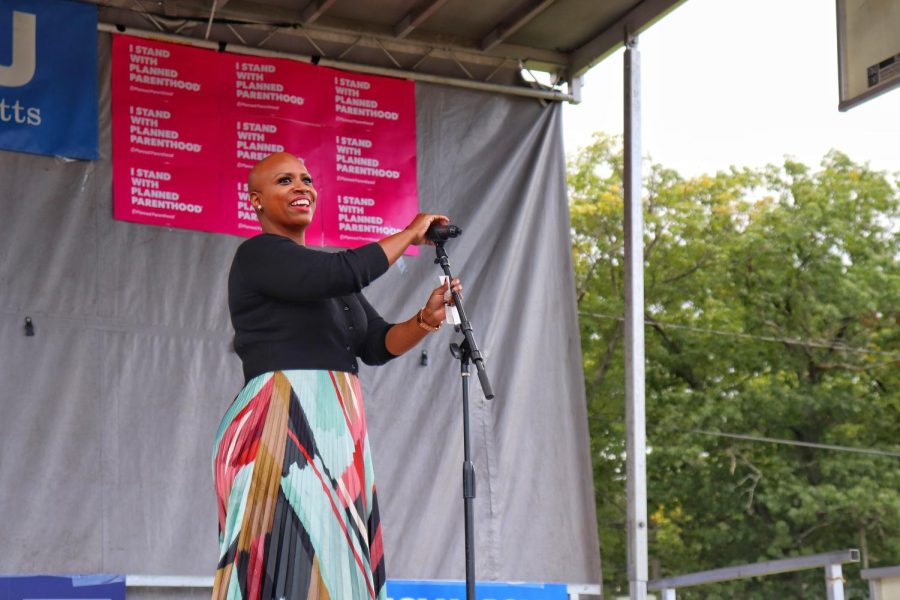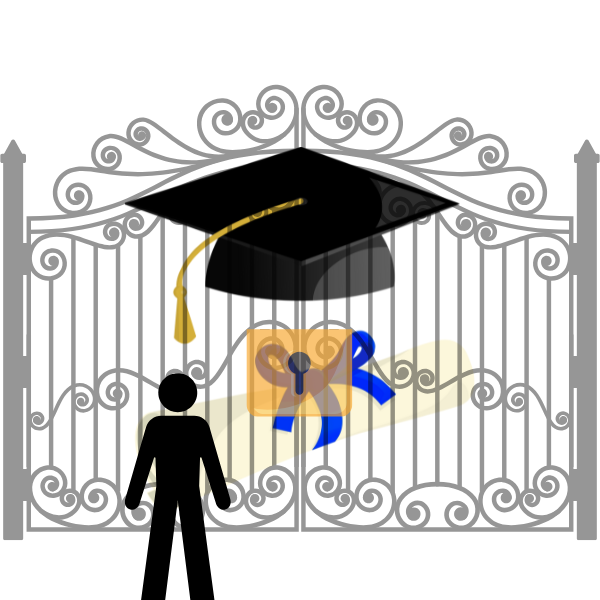For my journalism class in the Fall of 2020, my honors project was to write a feature story examining the racial violence targeted at Asian Americans. My research included the number of reports filed to the Stop AAPI Hate, the non-profit organization tracking anti-Asian incidents and, at the time, the number was 2,500.
I thought that would be the last time writing about this subject and maybe these incidents would lessen. Then came the news from Atlanta. The number of reports filed to the group has jumped by more than a thousand since my initial research, and now includes the six Asian women who died last week.
Processing the news, I was staggered by a darker, devastating feeling of dread that went beyond objective reporting for a journalism project.
Despite the recent wave of violence, especially against the elderly with the recent death of an 84-year-old Thai immigrant, this particular attack cuts deeper than ever. What seemed like a boiling point has turned into an explosion, particularly for Asian women.
Being a half-Korean woman, this issue feels personal and I can’t help but think of my own mother who has tried to be more vigilant and mindful of her surroundings in case she could be possibly harassed or attacked. I think of my friends mothers who work at massage and spa parlors and how this burgeoning sense of fear is deepening within all of us.
The violence in Atlanta is a harsh symbol of the dangerous realities that Asian women, in particular, are subjected to. It’s tied into a bundle of historical harmful fetishization, stereotyping and discrimination that is slowly killing them. It is during this time more than ever we face the uncomfortable truth of the forced victimization of Asian women-before we forget their names and another headline rocks us back into painful remembrance.
According to recent reporting by NBC, 68% of the 3,800 attacks were directed towards women. And women, the report found, were 2.3 times more likely to experience racial harassment than Asian American men. Some factors to this point to existing stereotypes of Asian women being viewed as small, docile, and submissive. Aaron Long, the accused murderer in these spa shootings, is proof of perpetuating harmful stereotyping, by saying his motive was driven by his sex addiction rather than racism and it cannot be denied these victims felt chosen.
While many in the Asian American community experience painful grief, there are also emotions of intense anxiety as these attacks feel like an endless roll of faces and names increasing at a quickening, panicking pace. There is also frustration due to the lack of accountability for these attacks. This was evident when Capt. Jay Baker, the Cherokee County Sheriff’s office spokesman, downplayed Long’s actions, which he attributed to having “a really bad day.”
Essentially, to examine the scope of Asian American suffering amid this new era of violence and terror is like a Pandora’s Box or perpetuated, historical stereotypes, scapegoating, and exhaustion of feeling ignored and shouldering on.
When I became frustrated wondering why I was so haunted for days from these murders despite these incidents being so familiar nowadays, I realized it is because our society has come to a point where to feel shocked from racial violence is more unlikely than feeling numb to it.
Personally, it’s hard to think about this level of racial violence, but if there was ever a clearer sign for our society to advocate for the Asian American community by dismantling a cycle of racism and violence, this is it. This is a time to shine a light on its terrible darkness and step into acts of solidarity and use your voices to keep the story alive.


